Meet Efejuku Precious Tajinere, passionate African aquaculturist known as ‘The Iceboss’
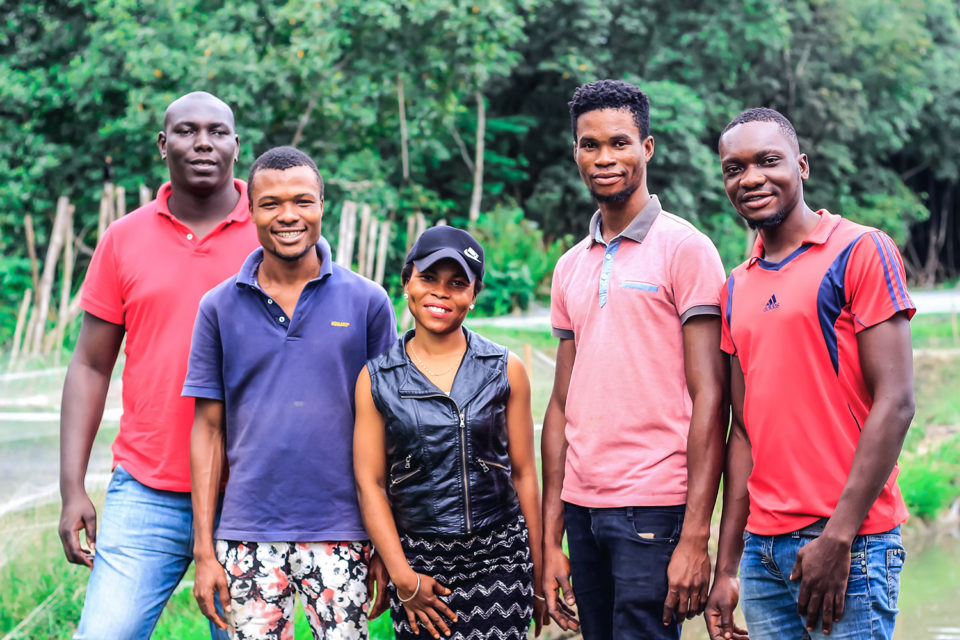
Every morning at one o’clock, after only four hours of sleep, Efejuku Precious Tajinere rises to read, listen to audio books and surf the web. Lately he’s been spending those wee hours of the night to learn more about business and his newfound passion: aquaculture.
While growing up in Nigeria, his nocturnal schedule earned him the nickname “Nicotine,” because of his resultant red eyes and somewhat somnolent face. He never much liked the moniker, but it would not stick for long. Soon a more preferable name would come his way: The Iceboss.
“Ice, like a diamond,” Tajinere told the Advocate. Despite not coming from a wealthy home, Tajinere’s enterprising spirit meant he always had enough to share with his friends. Over the years, he has experimented with shoe-making, popcorn production and meat processing. He even ran an entertainment company.
Today the 28-year-old is the founder and CEO of Tajin Farms, a catfish supplier and processing operation in Warri, Delta State. And he’s got big plans for the future.
The city he operates in is a commercial and industrial center, and a major hub for crude oil and natural gas. It is also home to small riverine communities who live among the mangrove swamps. These swamplands have steadily transformed into commercial fish farms like Tajin Farms.
It lies within a cluster – or smallholder co-operative – in which the farmers work together as a unit, but manage their farms as private entities. Liberty Fish Farm cluster, where Tajinere operates, has more than 100 members. A small river runs through the settlement, feeding around 500 ponds.
From humble beginnings
Tajinere comes from a long line of fisherfolk, and his people are the Itsekiri, meaning “blessings.” His ancestors harvested their catch using nets and traps and hooks. Sometimes they would go out to the high sea in Escravos.
Fish is therefore an important part of his culture, in which it is seen as a delicacy and status symbol. Local meals are rich in seafood, and often include crab, shrimp, periwinkles and oysters. Tajinere’s favorite is Obe-Eyen, otherwise known as Banga soup.
Although the young entrepreneur did not receive formal aquaculture training, he earned a degree in pharmacology and therapeutics in 2011. In Nigeria, however, students have one year’s mandatory service, where the government assigns them to internships in their field. They receive a small monthly allowance, which for Tajinere was around U.S. $54 per month. He saved $640 as seed capital, which he supplemented by freelancing as a math and science teacher.
Shortly after his internship, he met a neighbor who was setting up a fish farm, but who did not have capital. The two decided to partner. Tajinere put up the money, while his partner brought experience and knowledge to the table. Together they stocked 1,200 catfish (Clarias gariepinus).
“I decided to learn from him by getting involved in all the day-to-day activities,” he said. “It was five months of daily devotion and learning.”
But the two could not agree on strategy, and the deal soon went sour.
“He wanted us to sell in bits and pieces, but I was skeptical about accountability and losing my money from the investments,” said Tajinere.
Because he wanted to sell wholesale, he withdrew without taking a profit and struck out on his own. He started with a single pond.
He also joined a farming cluster for mentorship. There he learned that local farmers did not have access to quality seed (fingerlings, post-fingerlings and juveniles), and that fish feed was often unaffordable, since it is imported. Yet his efforts were largely successful.
“Production from my first harvest of catfish was record-breaking,” said Tajinere. “Every farmer in my cluster was impressed.”
He made $300 profit off his $1,000 investment. However, realizing he still did not have enough capital, he started buying fish from other farmers to resell.
Customers then began asking him for smoked catfish. He first tried to process it himself, but he could not get it dry enough. When he met a fish processor, he was able to keep supplying his customers.
He used the money to buy feed, and slowly his business grew.
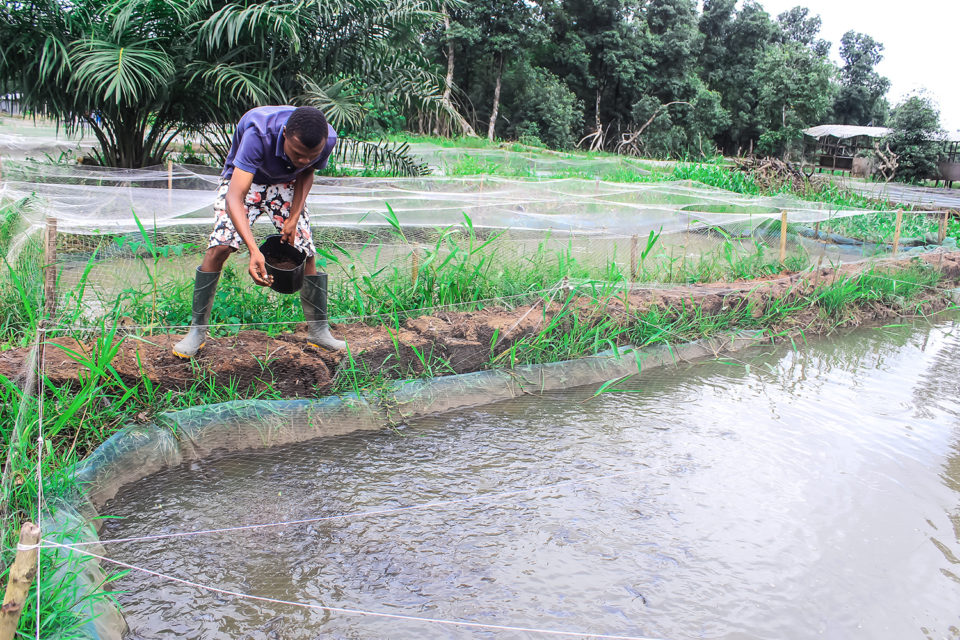
A better smoker and a growing business
Today Tajin Farms supplies fingerlings, broodstock and table-sized catfish for local markets. The fish is sold fresh, dried, or – in its most popular form – smoked. “We have a few grow-out ponds, three mini-hatcheries and a mini processing factory,” said Tajinere. “The factory and team we have on the ground is a prototype of the big picture.”
The five ponds are also used for research and broodstock, which are then supplied to the hatcheries after a period of two years, once they are sexually mature.
“Our target is to train 100 hatchers and set up mini hatcheries in every farm cluster, and a major standard hatchery at our permanent site.”
He also plans to move to a bigger facility that will serve as an aquaculture research development center.
Tajinere started the mini factory in June 2017, and each mini hatchery has the capacity to produce 100,000 fingerlings per month, an amount he said is still small.
The business’ main focus, however, is on processing. Tajinere sells his smoked product directly to customers, but also offers a processing service to local farmers. This helps combat post-harvest losses significantly, at a cost of $0.27 per kilogram of fish.
Tajinere was however concerned about the wood-fired ovens they originally used, which he felt carried unnecessary health and environmental risks.
“Initially when I started the processing, I built an oven using wood and roofing zinc,” he said. “We discovered that most of the fish processed has a very high carbon content, because of the firewood.”
Polycyclic aromatic hydrocarbon gets onto the fish, which he said is not good for human consumption: “It’s very black and the smoke deposits can literally stain your hands,” he said.
In 2016, however, Tajinere attended Agra Innovate – one of the region’s leading trade shows. There he found the oven he wanted. He found one with the exact same specifications from a local manufacturer. It uses coal instead.
“We currently have two. Each of the ovens costs $1,600,” said Tajinere. He claims it works faster, consumes less material, is easier to use, and that the fish tastes delicious.
The business now produces 2,000 kg per month. Tajinere has since also opened an account with a microfinance bank.
“The loan will be used to acquire a bigger capacity oven, which will increase our capacity to 10,000 kg per month,” he said. “We will increase our staff capacity and will be able to serve farmers better. We plan to have several mini factories set up in different farm clusters and one mother factory which can process up to 500 metric tons of fish. The Tajin future.”
Tajinere’s product is mainly for domestic consumption, and he runs a busy trade selling to hotels, barbecue outlets, caterers, market women, and busy professionals. He also offers a delivery service via a mini distribution network.
“For as little as $27, anyone can be a distributor of our product. Everything we do is geared towards empowering people,” he says.
Clients are so pleased with Tajinere’s product they now regularly take his fish with them when they travel abroad.
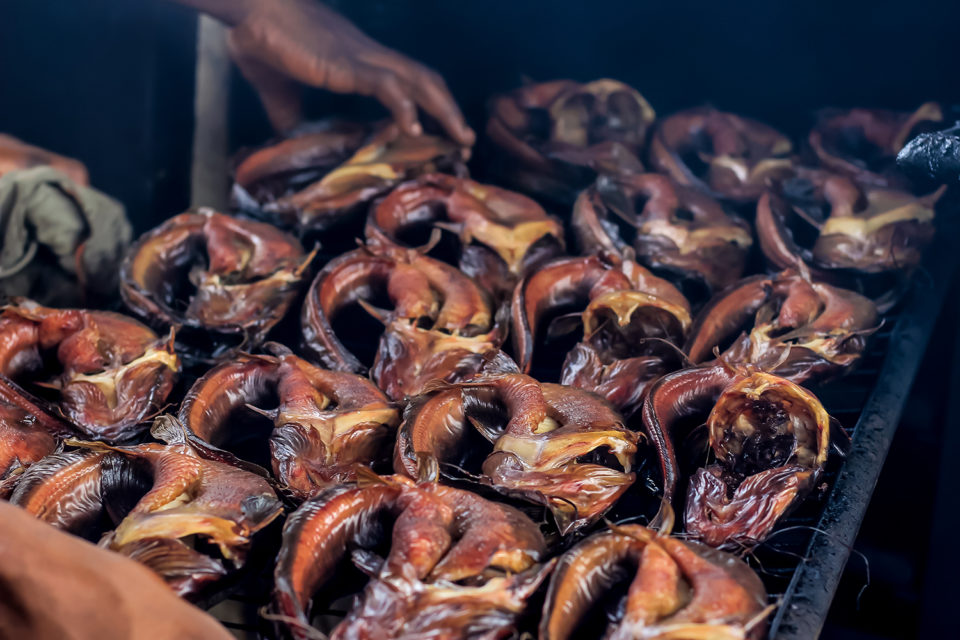
The ‘Fishprenuer’ and youth leader
Besides the farm, Tajinere also runs the Fishprenuer – a consultancy service. He uses the platform to promote best aquaculture practices, educate farmers and encourage consumers to buy more sustainably farmed fish.
He considers aquaculture a powerful tool for solving social problems, with the potential to transform Africa. When he expands his model, he will train youths on hatchery management and best practices. He would like to replicate his model in multiple cities, and feels it provides a good alternative for youngsters tempted to go into internet fraud or other quick earning schemes. “Once they complete their trainings and have shown character and excellence, we will set them up as partners,” he said. “They can own their own hatcheries and earn a living from it.”
Besides the distribution network, the farm employs six direct staff. Tajinere hopes to create 1,000 jobs within the next 10 years. He has already trained 400 youths in enterprise development, and several hundreds more in aquaculture.
While catfish is the main species farmed in Nigeria, tilapia and carp are also produced but they have not, however, gained much popularity – nor has their production been mastered. Tajinere still plans to introduce these into his hatcheries for diversification purposes. He is also considering shrimp production – a major part of the Nigerian diet – and perhaps, one day, even a seafood restaurant.
Tajinere believes aquaculture should be approached in a holistic way – and that the art of fish production should be mastered from the hatchery to the final consumers.
“The environment has to be considered, the health and well-being of the fish has to be considered, the health of the consumers has to be considered, and finally, the farmer has to be profitable,” he said.
Recently, he was nominated as one of the Global Aquaculture Alliance’s “30 Under 30” young business leaders for his contribution to sustainable aquaculture. It is easy to see why.
Follow the Advocate on Twitter @GAA_Advocate
Now that you've reached the end of the article ...
… please consider supporting GSA’s mission to advance responsible seafood practices through education, advocacy and third-party assurances. The Advocate aims to document the evolution of responsible seafood practices and share the expansive knowledge of our vast network of contributors.
By becoming a Global Seafood Alliance member, you’re ensuring that all of the pre-competitive work we do through member benefits, resources and events can continue. Individual membership costs just $50 a year.
Not a GSA member? Join us.
Author
-
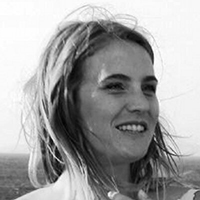
Marie-Louise Antoni
Marie-Louise Antoni is a freelance journalist based just outside of Cape Town, South Africa. She writes on crime, politics, law and the environment.
Related Posts
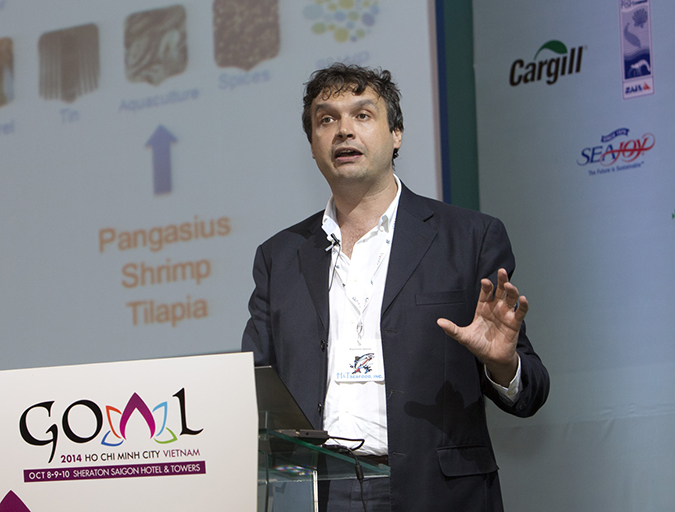
Innovation & Investment
Aquaculture Exchange: Flavio Corsin, IDH
IDH Vietnam Manager Flavio Corsin speaks passionately about the importance of controlling disease and getting all stakeholders to put competition aside and pull on the same end of the rope. Improvement initiatives for pangasius, shrimp and tilapia are among the Dutch sustainable trade organization’s priorities.
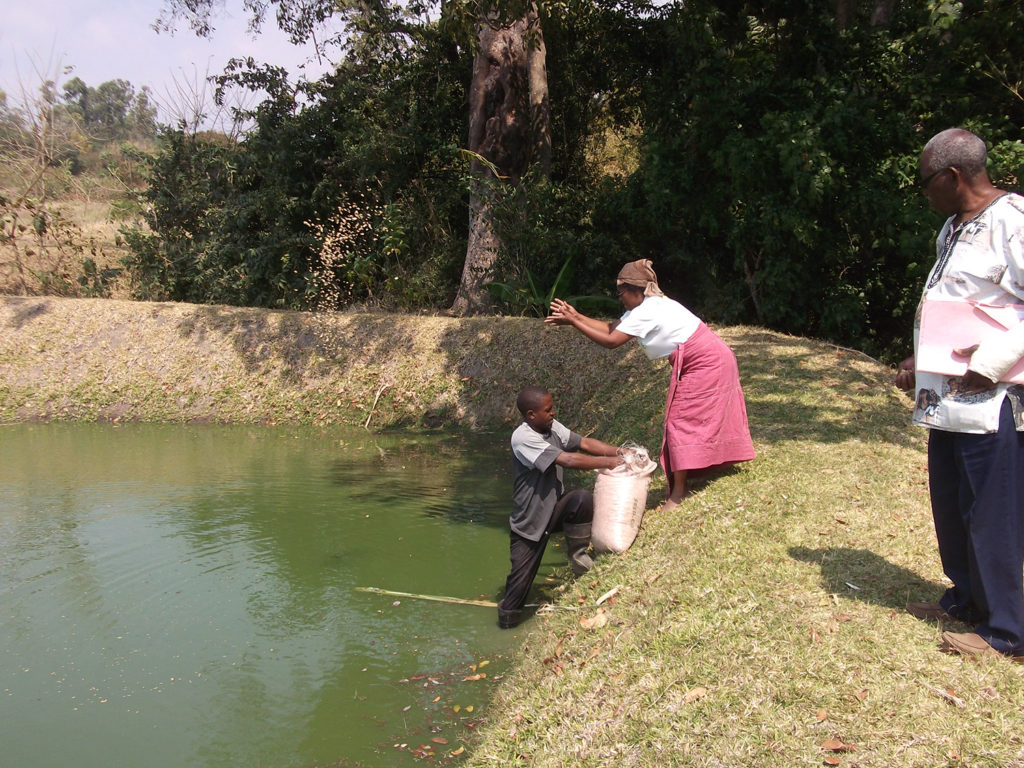
Innovation & Investment
Investing in Africa’s aquaculture future, part 1
What is the future that Africa wants? Views on how to grow aquaculture on the continent vary widely, but no one disputes the notion that food security, food safety, income generation and job creation all stand to benefit.
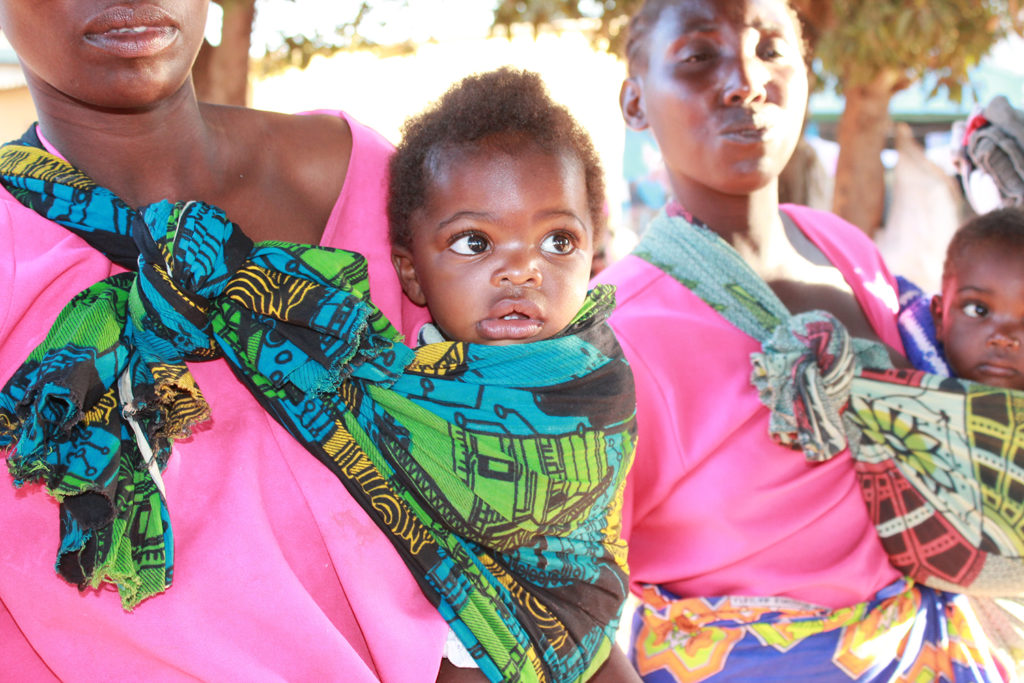
Responsibility
An African prison where fish will be farmed and lives saved
A nonprofit organization working to improve conditions in African prisons is hoping tilapia ponds, tended to by inmates, will aid in their nutrition. A small donation from the Global Aquaculture Alliance will go a long way.
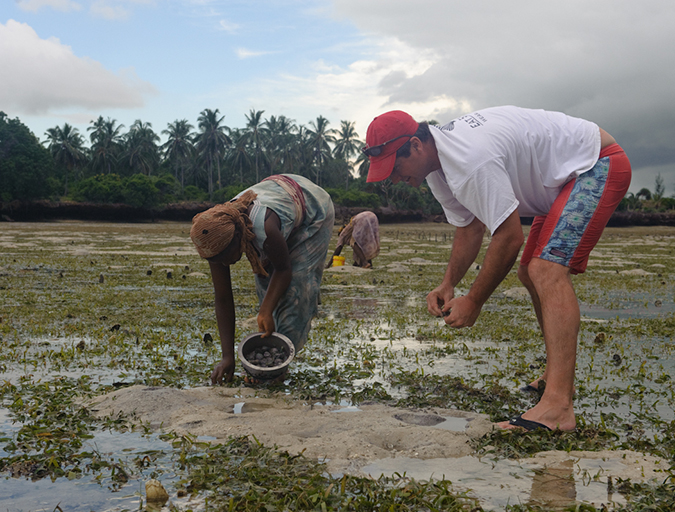
Responsibility
Social oysters: Aquaculture inspiring communities
Two New England shellfish producers are furthering their innovative social license initiatives, both in their hometowns and in food-insecure regions overseas. Island Creek Oysters and Matunuck Oyster Farm have become admirable aquaculture ambassadors.


